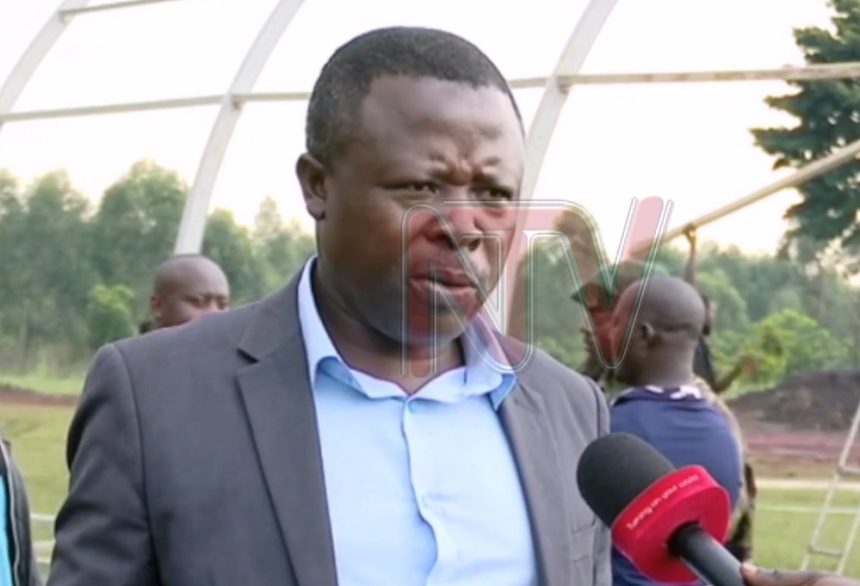Lawyers across the world are trained to tear down their adversarial opponents using words, not swords. In making court arguments, advocates rely on statutory law, case law, and other legal doctrines to challenge their opponents in court.
Certain general principles—especially the presumption of innocence—are important to mention here. In Uganda, Article 28(3)(a) of the Constitution insulates accused persons from criminal liability and proclaims their innocence until proven otherwise.
The doctrine of presumption of innocence is based on the legal inference that most people are not criminals. No wonder an English lawyer, Blackstone, once wrote in his book Commentaries on the Laws of England that:
“It is better that ninety-nine (99) guilty persons escape than that one innocent person suffer.”
In Uganda, we have several statutes that outlaw torture against accused persons, including Article 24 of the Constitution, which actually makes it an offense to violate this provision.
The essence of outlawing torture in detention or pre-trial detention is grounded in questions such as: What if the accused is found innocent? How will you account for the pain inflicted on him?
In all criminal matters, the burden of proof rests on the state (Republic), which is, in all criminal cases, the principal complainant. As the major complainant, the state has the burden of proving its case against the accused person. The accused has no duty to incriminate himself or prove his innocence.
The Evidence Act, Cap 6, under Sections 101, 105, and 106, clearly states that those who allege that the accused committed a crime must adduce evidence in court. There is also a reinforcing provision under the ICC Statute, Article 66 (1)(2)(3), which places the burden of proof on the complainant, not the accused.
The reason the state is the principal complainant is because it is the maker and enforcer of laws and the protector of people and their property. The Constitution of Uganda, in Article 212(a–d), mandates the police to protect Ugandans and their property. The provisions of the Police Act, Cap 303, further support this supreme provision.
The Julian Digest, written over 2,000 years ago, captured this concern in Latin legal tradition:
“Ei incumbit probatio qui dicit, non qui negat.”
Which translates to: “The burden of proof lies on the one who asserts, not on the one who denies.”
Therefore, every man accused of a crime is presumed innocent until proven guilty in court. The infliction of any form of torture must be avoided until guilt is legally established.
Courts around the world have, on many occasions, sentenced innocent people to death. For instance, a young boy of about 12 years was sentenced to death in America in 1944 for a crime he allegedly committed. He was electrocuted on court orders. In 2016, the court reviewed the case and found that he had been wrongly convicted—an innocent child had been executed.
Consider also the case of Galileo Galilei, who told Roman authorities that the Earth moved around the Sun. Around 1660, he was sentenced to death. It wasn’t until 1992 that the Catholic Church admitted its error and posthumously apologized to his family for killing an innocent man. At the time, the Church believed the Earth was larger than the Sun and assumed the Sun orbited the Earth.
Lawyers and judges should put down their swords and instead use words, reasoning, and other legal tools in arbitration if they are to deliver justice for all.
In Uganda, no one has the authority to direct the court on how it should operate. Article 128 of the Constitution, in its entirety, emphasizes the independence of the judiciary. I am yet to understand whether this provision extends to other courts, such as military courts.
As a country, we must constantly ask ourselves: What does the law say about this or that? Only then can we mature in law enforcement and obedience. Let us all follow our municipal laws in order to uphold what people like Prof. Dicey stood for—the rule of law, and ensuring that whatever we do remains within the bounds of legality.
Criminal law should not operate retrospectively; if it does, it becomes unconstitutional and must be expunged from the Constitution.
In our next article in The Ankole Times, we will explore the defenses available to accused persons in a criminal trial.
The writer is a Master’s student based in Mbale.
Tel: 0782231577




















